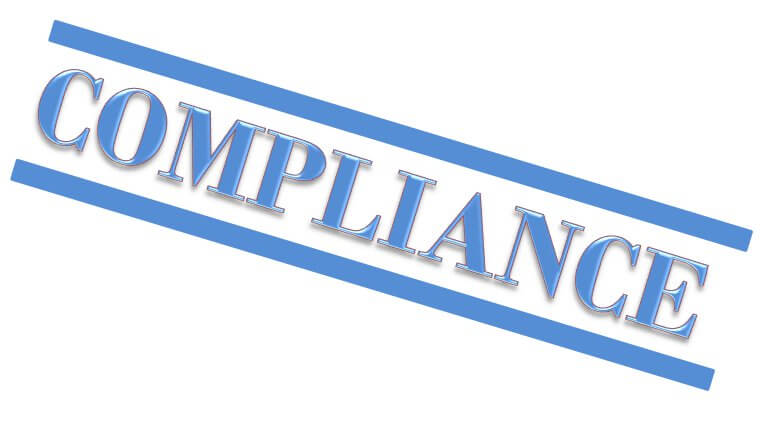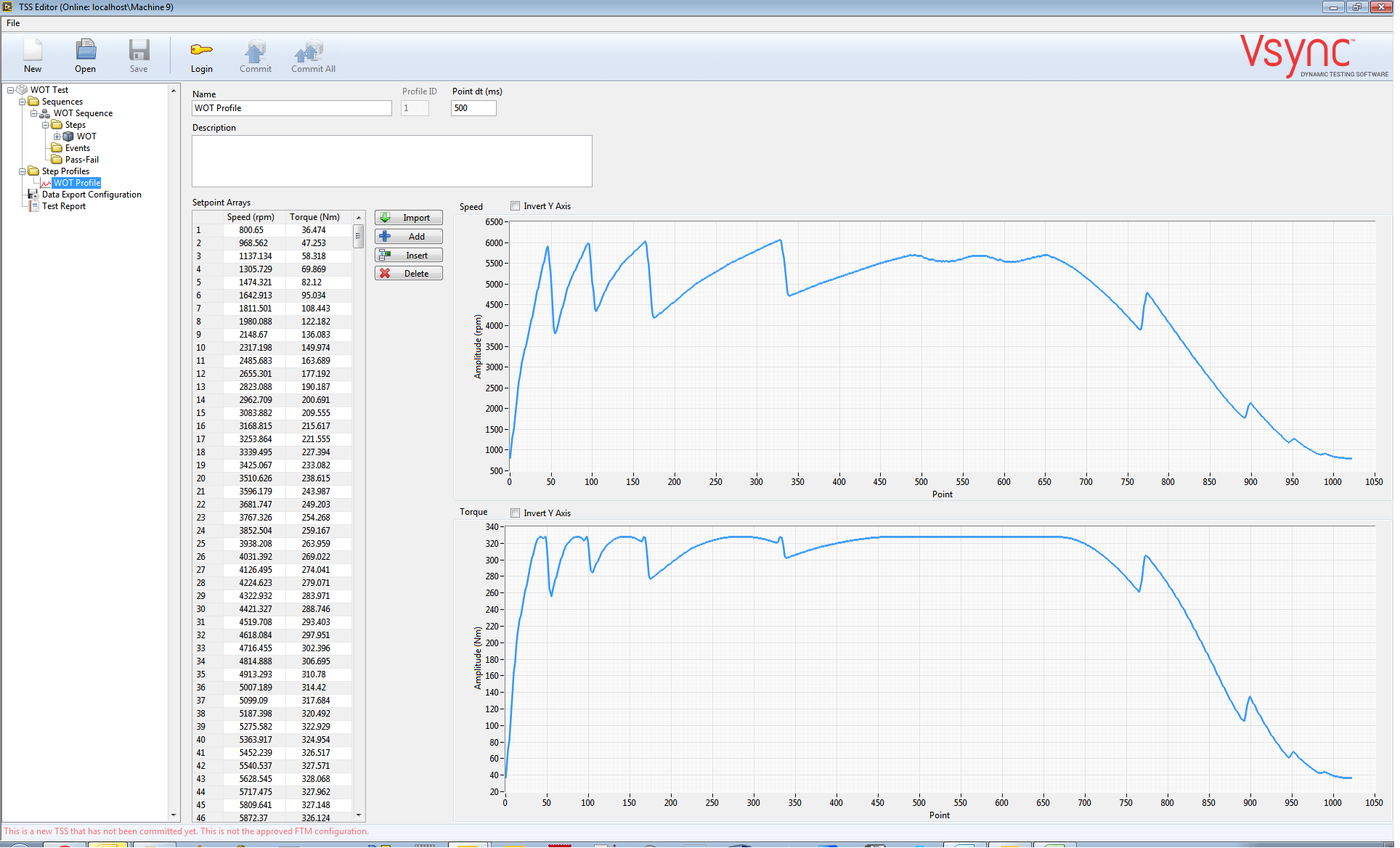Government Contracting Compliance Fundamentals
If you’re a U.S. Government supplier, you know failure or ignorance isn’t an option when it comes to following International Traffic in Arms Regulations (ITAR). Individuals who knowingly violate the law may receive multi-million dollar fines, debarment from exporting and possibly jail time. Even innocent mistakes can be a basis for substantial penalties. To become ITAR compliant, you’ll first need to register with the DDTC (Directorate of Defense Trade Controls). A form DS-2032 and a $2,250 licensing fee are required. The DDTC will review your form and send an ITAR registration number upon approval. Next, understand ITAR compliance and use these 5 tips to avoid costly mistakes:
1. Don’t Hesitate to Find Experienced Help
Hiring a consultant or lawyer will help you know you’re abiding by the right guidelines from the very beginning. The government isn’t friendly when it comes to ITAR violations and the results can be crippling. Raytheon, a weapons manufacturer, agreed to pay a whopping $8,000,000 penalty in 2013 for ITAR violations that included improper document management and transferring of unauthorized missile components to foreign militaries. It’s critical for each department in your organization to have a compliance manual that is useful, easy to follow and relevant to their role. Send compliance reminders to your employees whenever you update your manuals or procedures.
2. Put the Right Procedures in Place
The U.S. State Department DDTC expects ITAR registered companies to follow their compliance program procedures. Procedures should define compliance processes for your staff, departments and activities within your organization.
3. Train Your Staff
Once you’ve written your compliance manual, it’s critical to train your staff and make sure they’re following procedures. Select a champion in your company responsible for knowing and advocating for these guidelines. Exporting doesn’t just mean shipping your product to another country. Even a conversation with a foreign national could be considered an export, and your training should make this clear.
4. Determine which projects are ITAR or EAR (Export Administration Regulations)
The U.S. Department of State has export control jurisdiction over the export of defense items under the International Traffic in Arms Regulations (ITAR), while the U.S. Department of Commerce has export control jurisdiction over the export of dual use items and items which have strictly civilian or commercial uses under the Export Administration Regulations (EAR). Determining which jurisdiction your project falls under is essential. If you’re having trouble classifying your program as EAR or ITAR, submit a Commodity Jurisdiction request and the U.S. Department of State will make a determination for you. Obviously this is a much longer process than doing self-determination, so it’s best to exhaust your other options first. You may also consult a consultant or lawyer for guidance on classifying your project. Remember it is your responsibility to classify your project not your customers or suppliers.
5. Audit your Projects often
If you find something that may be in violation, run it by your ITAR committee and consultants first. If you’re all in agreement that a violation occurred, submit a Voluntary Disclosure to the DDTC. This includes describing the violation, how it occurred and what you’re doing to solve the problem. Putting your company’s resources toward compliance is a no-brainer. It’s obvious that failure to comply with ITAR regulations can result in serious liabilities. A well-constructed compliance program will keep you out of trouble and make you more attractive to both the federal government and other contractors. Want to work with an experienced government contractor? Contact us at engineering@redviking.com or call us at +1.734.454.0500.






